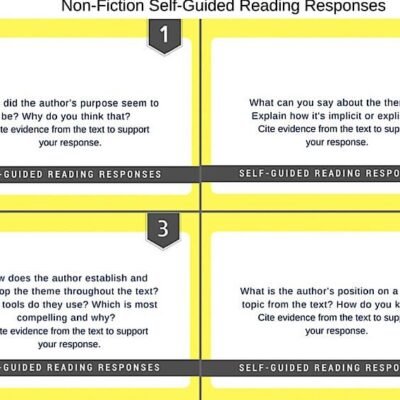You won bronze!
Lindon Victor, an Olympic decathlete from Grenada, threw this at [46] In competition, the discus can reach over [50]
Flying Objects at the Games
The birdie and the shot-put could not be more different. The birdie is about the fastest projectile you’ll see at these Olympics, and it’s as light as a feather — literally. It’s made of 16 goose feathers and weighs less than two-tenths of an ounce (about five grams).
Compare that with the men’s shot, one of the heaviest and slowest objects at the Summer Games. It weighs a whopping 16 pounds (7.26 kilograms) — the maximum weight of a bowling ball. To win an Olympic medal, an athlete will need to put it more than three-quarters of a basketball court.
When you’re watching the Games, keep in mind just how much an object’s speed can determine the outcome. Follow The New York Times Olympic coverage.
Methodology: The speeds of the objects were collected using a sports radar gun. Speeds were tracked throughout the flight and the peak speeds were used for this game.
Sources: U.S.A. Archery; Lancaster Archery Academy; Seng Ming Tan, Long Island Badminton Center; Chris Huffins, Olympics bronze medalist in decathlon and current decathlon coach; Marissa Chew, assistant coach, combined events/vertical jumps, Texas Christian University; Yu Shao, New York Indoor Sports Club; U.S.A. Volleyball; Guinness World Records




